
European electric car slashed nearly $20,000: Cupra Born in run-out with huge offers for MG4 hatch, Tesla Model 3 and Polestar 2 alternative
The Volkswagen Group’s first electric car to arrive in Australia is now being...
Browse over 9,000 car reviews

Some automotive designs are so iconic that they deserve repeating.
A few car makers have sought to capitalise on the success of a design by launching modern takes on some of their most iconic models long after they’ve been discontinued.
Some obvious examples include the rebirth of the Mini brand under BMW ownership in 2000, Volkswagen’s resurrection of the Beetle in 1997 and the 2007 return of the Fiat 500.
While these models have had widespread success – particularly the Mini and the Fiat – some retro revivals don’t quite hit the mark. Chrysler PT Cruiser anyone?
There are plenty more on the way too. Renault is preparing to launch a striking retro revival of its adorable 5 hatchback as an EV, and even Hyundai took inspiration for the Ioniq 5 EV from its very first production model, the Pony.
So, what other models deserve a retro reboot? There’s significant heritage to mine in the back catalogue of pretty much every Japanese brand, so we are starting there.
We know some of these models might not have been the best car in their respective class to drive at the time – this is purely about design.
Here are the Japanese models we think are in need of a revival.
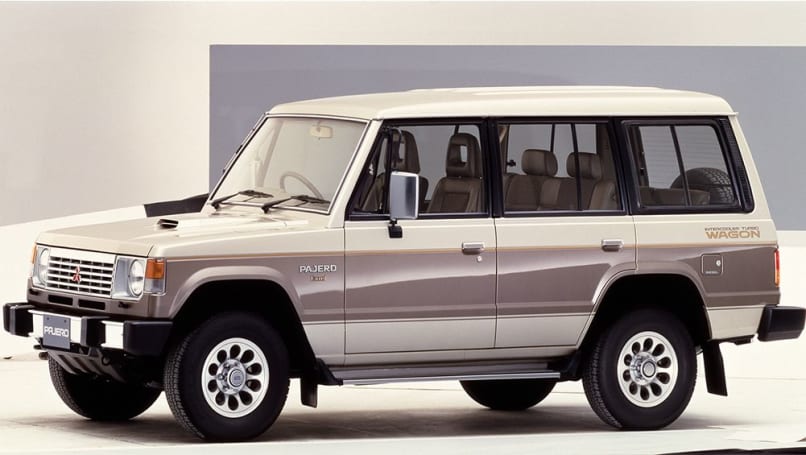
Mitsubishi Pajero
The Pajero four-wheel drive has only just been discontinued in Australia after Mitsubishi ended production of the fourth-generation version last year.
The big off roader bowed out 30 years after it exploded onto to the automotive scene with a strikingly simple utilitarian design that is held up as a classic today.
There’s been a lot of talk recently about a revival of Toyota’s FJ Cruiser, which is itself a retro re-do of the original J40 LandCruiser from the 1960s, while Ford recently resurrected the Bronco.
But, arguably, the original Pajero from 1981 is screaming for a resurrection. The boxy upright shape, signature circular headlights and square indicator cluster are perfect for an uber cool refresh. Even the deliciously 80s interior with its stepped plasticky dash would get design types in a tizz today.
Given Mitsubishi’s alliance with Renault and Nissan and the new leader-follower strategy they are adopting, it’s unlikely to happen. The existence of the reasonably successful Triton-based Pajero Sport in the same segment probably doesn’t help.
But we can still dream.
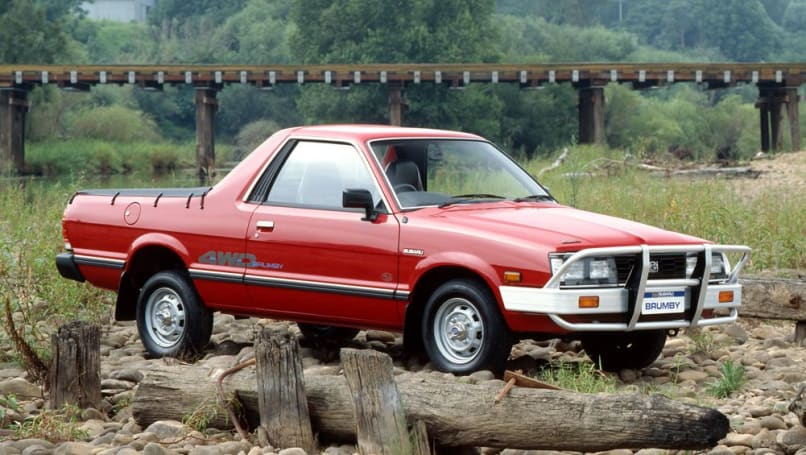
Subaru Brumby
There’s been a flurry of activity in the compact ute segment recently, but sadly it’s been limited to North America.
Ford’s Maverick and the Hyundai Santa Cruz have resurrected a segment long dormant in developed markets. Although there’s a healthy number of small utes in many emerging markets, including South America.
But how cool would it be if one of the originators came back to life with a modern retro design?
The Subaru Brumby was a favourite of Australian farmers, proving that size doesn’t necessarily matter when it comes to capability.
The second-generation Brumby was also an iconic 80s design, and would be the perfect model to use for inspiration now.
Given Ford and Hyundai have ruled out their small utes for Australia due to left-hand-drive-only production, a new-gen Brumby would own the segment, capturing buyers that want a ute but without the macho, boxy looks and size of a one-tonner.
Over to you Subaru.
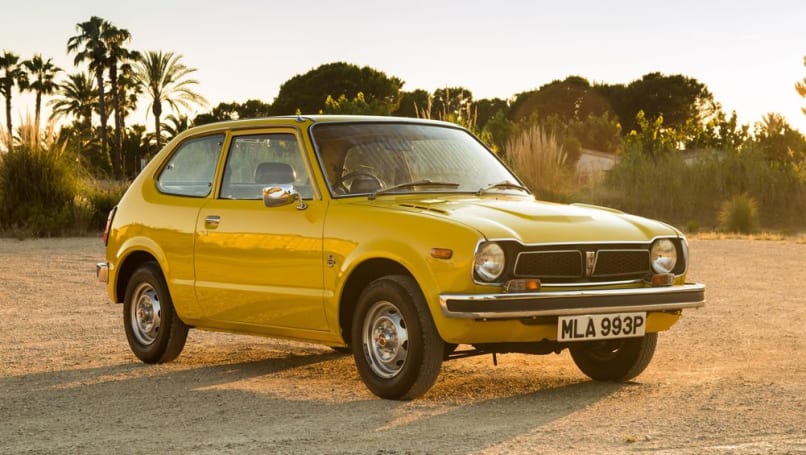
Honda Civic
Yes, we know the Honda Civic still exists, but the freshly launched eleventh-generation model is nothing like the original that put Honda on the map in the early 1970s.
The bubble-back first-gen Civic was one of Japan’s first ever hatchbacks, and it is regarded as an exceptional example of automotive design.
With that in mind, how amazing would a mid-2020s version be? Honda’s design department has already proven that they can do retro-modern-cool with the striking Honda e electric hatch.
And a modern take on the first Civic could sit neatly in the line-up between the Jazz and the current Civic. Just think about it please Honda!
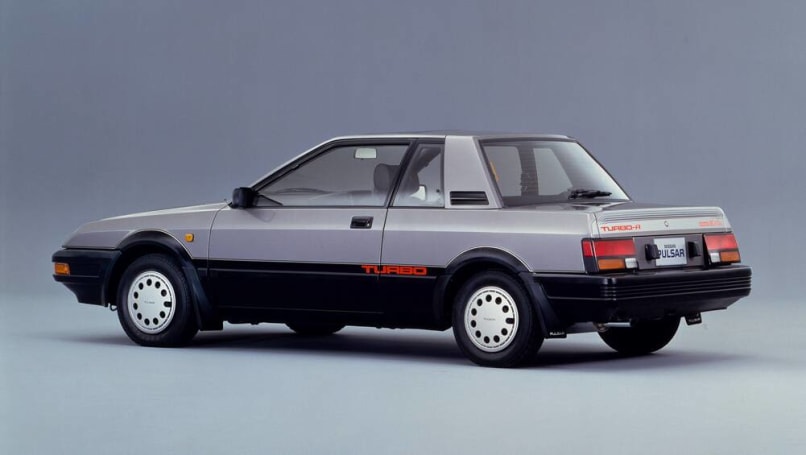
Nissan Exa
In the 1980s, boxy, edgy design was in, and one car that exemplified that was the original Nissan Exa.
The first-generation Exa was a small sports coupe based on the Pulsar of the time, with an angular design and a sharp stubby rear end.
It’s an eye-catching design even today and would be the perfect candidate for a reboot. It would also inject a bit of excitement into Nissan’s line-up, alongside the upcoming new-generation Z coupe.
Even the wedge-like second-generation Exa would make for an appealing modern retro design. We can only hope.
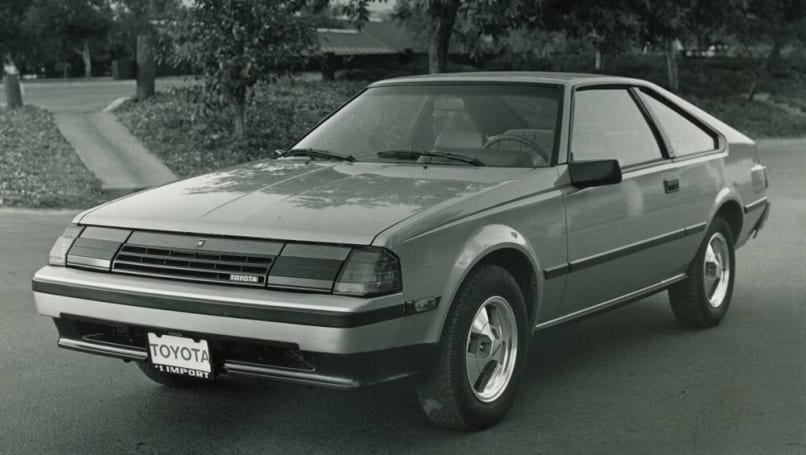
Toyota Celica
Toyota has rediscovered its mojo in the past decade, with models like the GR86, Supra and GR Yaris, as well as improved dynamics from its mainstream offerings like the Corolla and Camry.
While there are rumours the MR2 will make a comeback as an EV, why not just keep going and bring back all of the cool Toyota sports cars from the 80s, including the Celica?
Yes, the Celica started in the 70s, but it’s the sharp and boxy third-generation version with the pinched tail-lights, pop-up headlights and sleek wedge-like shape that is screaming out for a retro reboot.
Available in liftback and notchback coupe body styles, the Celica may not have had some serious dynamic flaws, but it was a sales success and remains popular among classic car fans today.
Comments